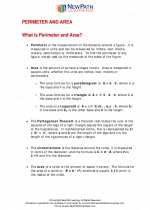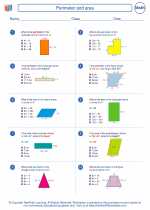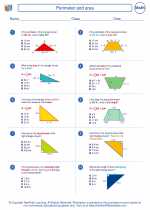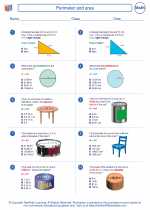Quantity
Quantity is a fundamental concept in mathematics that refers to the amount or number of something. It is used to describe and measure the size, amount, or extent of a particular object or phenomenon. In mathematics, quantity is typically represented using numbers and units of measurement.
Types of Quantities
There are two main types of quantities: discrete and continuous.
Discrete Quantity
A discrete quantity refers to a countable number of individual items. For example, the number of students in a class, the number of apples in a basket, or the number of cars in a parking lot are all examples of discrete quantities.
Continuous Quantity
A continuous quantity refers to a measurement that can take on any value within a certain range. Examples of continuous quantities include length, weight, time, and temperature.
Units of Measurement
Quantities are often measured using units. Units of measurement provide a standard way to express the amount or size of a quantity. For example, length can be measured in units such as meters, centimeters, or inches, while weight can be measured in units such as grams, kilograms, or pounds.
Study Guide
Here are some key concepts to understand when studying quantity:
- Understand the difference between discrete and continuous quantities.
- Learn how to represent quantities using numbers and units of measurement.
- Practice converting between different units of measurement for the same quantity.
- Explore real-world examples of quantities and how they are measured.
- Master the use of quantities in mathematical operations such as addition, subtraction, multiplication, and division.
By mastering the concept of quantity and its applications, you will be better equipped to solve mathematical problems and understand the world around you.
.◂Math Worksheets and Study Guides Eighth Grade. Perimeter and area

 Worksheet/Answer key
Worksheet/Answer key
 Worksheet/Answer key
Worksheet/Answer key
 Worksheet/Answer key
Worksheet/Answer key
 Worksheet/Answer key
Worksheet/Answer key
